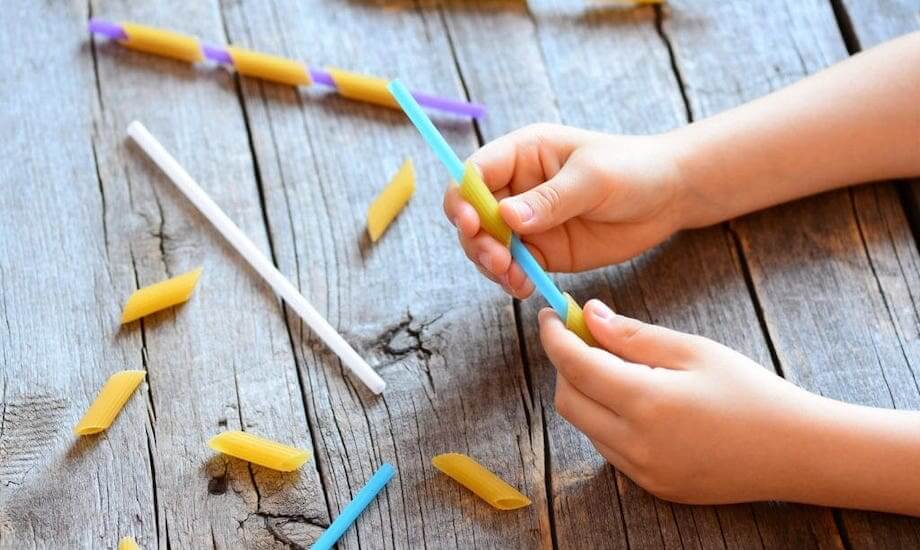What are Fine Motor Skills?
Fine motor skills refer to the coordination between small muscles and movements with our eyes, hands, and fingers. These small muscles in the hands, fingers, and wrists of young children work tirelessly to complete daily tasks. Unlike gross motor skills, fine motor skills require the small muscles in our body to carry out actions such as holding a pencil, writing, grabbing small objects, and tying a shoe. Fine motor skills play a massive role as they require strength, coordination, and dexterity. Fine motor movements are essential for young children to practice as they eventually learn how to coordinate these small muscles and carry out such tasks independently.
A Look into Fine Motor Skills Development:
Fine motor skills are essential for child development as they are used in all aspects of life. Weakness in fine motor development can hinder a child’s ability to write legibly, hold utensils while eating, turn pages in a book, tie shoelaces, and get dressed independently. As adults, we tend to forget that these small movements are a skill we indeed formed at an early age. Therefore, we must encourage the development of fine motor skills with our children!
While all children develop at different rates, fine motor development follows a basic outline. From two to three years of age, your child will be learning to drink from an open cup and hold utensils such as a fork and a spoon. Your child may also be getting dressed independently.
At three to four years of age, your child will be practicing their cutting and crafting skills. Many children struggle with holding scissors however, practice can refine these skills! Children at this age may also begin working with buttons on their clothing.
At ages four to five, you may notice your child coloring within the lines and drawing with more detail. Children at this age enjoy their independence and complete tasks such as grooming and dressing by themselves!
How to Develop Fine Motor Skills:
Fine motor skills develop through everyday actions and play! Activities that involve fine motor movements will do wonders for child development. Through engaging activities, children will be able to grasp, hold, push, and press. Children will problem solve as they dress themselves, eat independently, and play with their peers.
As your child grows–their fine motor skills will grow too! You will begin to see your child progressing to advanced movements such as printing their name, opening a water bottle, putting a straw into a juice box, and using scissors to cut out a shape! While these movements may seem like no big deal, they are tremendous indicators of development, coordination, and dexterity. Not to mention that these skills will only improve over time!
Fine Motor Activities for The Home:
When it comes to developing fine motor skills in the home, use what is accessible to you! For example, encourage your child to explore the wonders of your kitchen. Have your child be a Sous Chef as they help you peel, mash, and carefully cut fruits and vegetables. Children can also practice their art skills in the home! Encourage your child to draw, cut, color, paint, mix, and blend during process art activities.
Check out these 10 terrific fine motor activities for the home:
10 Terrific Fine Motor Activities to Do at Home:
Overall, fine motor development occurs during play and engaging activities. We at Tip-Top Brain prioritize the development of building fine motor skills through all of our programs. Check out our STEAM camps where children practice their fine motor skills with cool experiments and unique art projects. Our Tip-Top Brain students are constantly drawing, creating, cutting, painting, blending, and partaking in hands-on fun! Fine motor development is never overlooked here! Which fine motor activity are you excited to try out?







